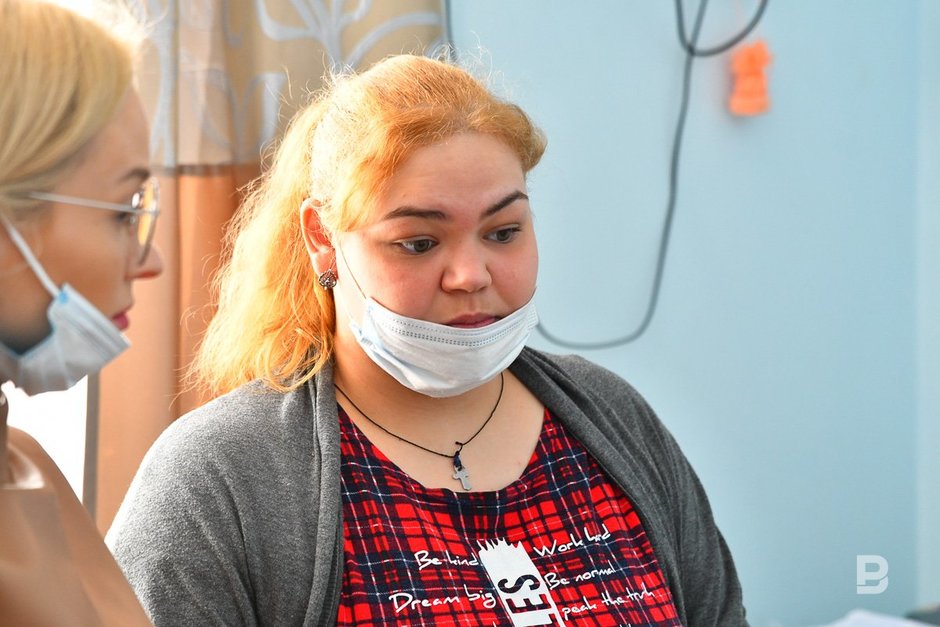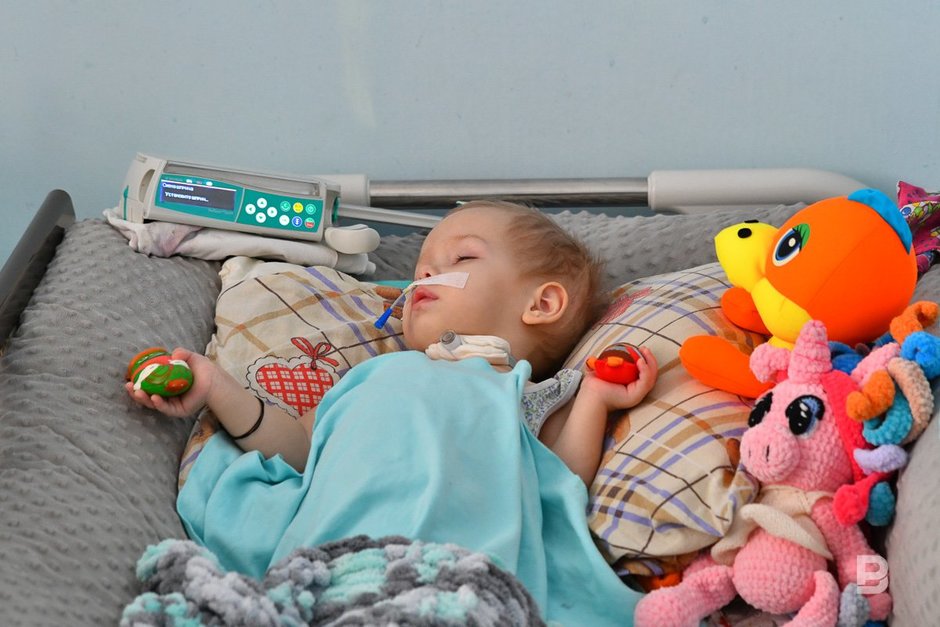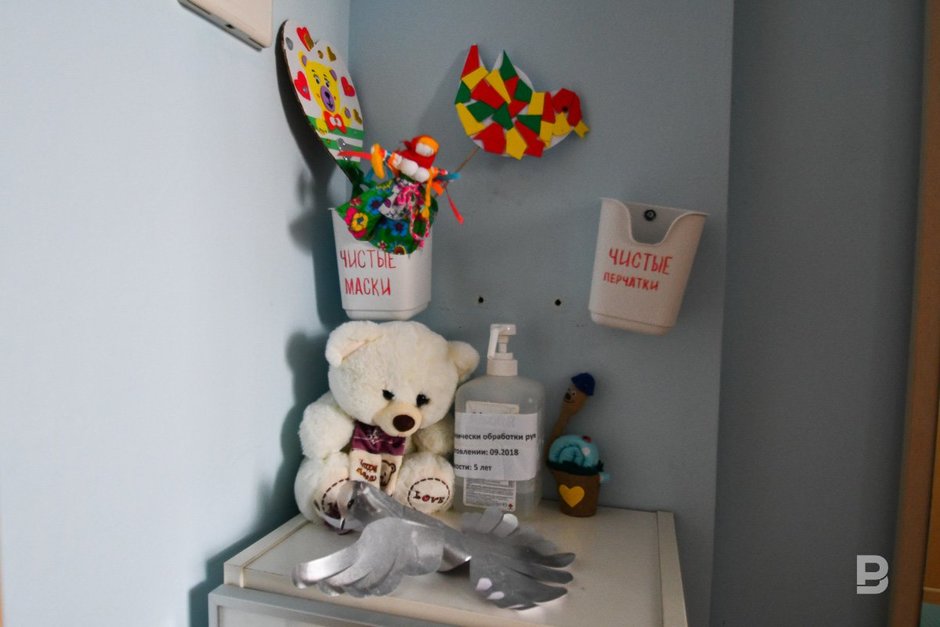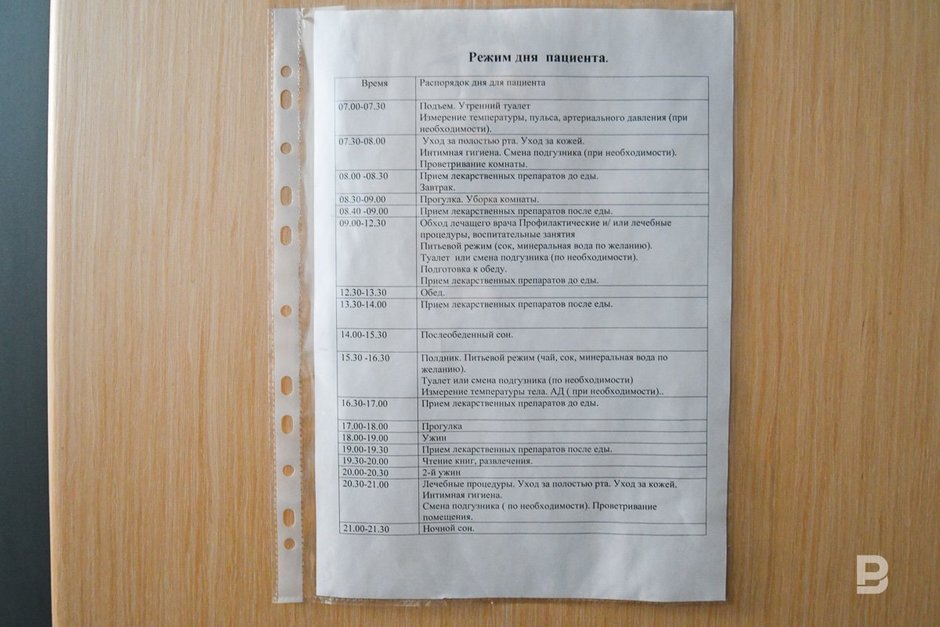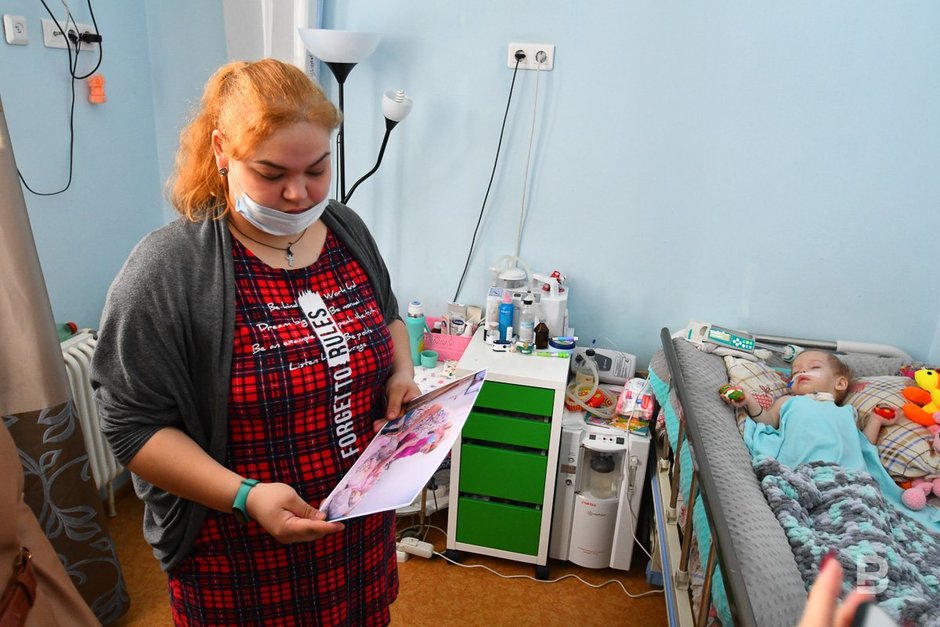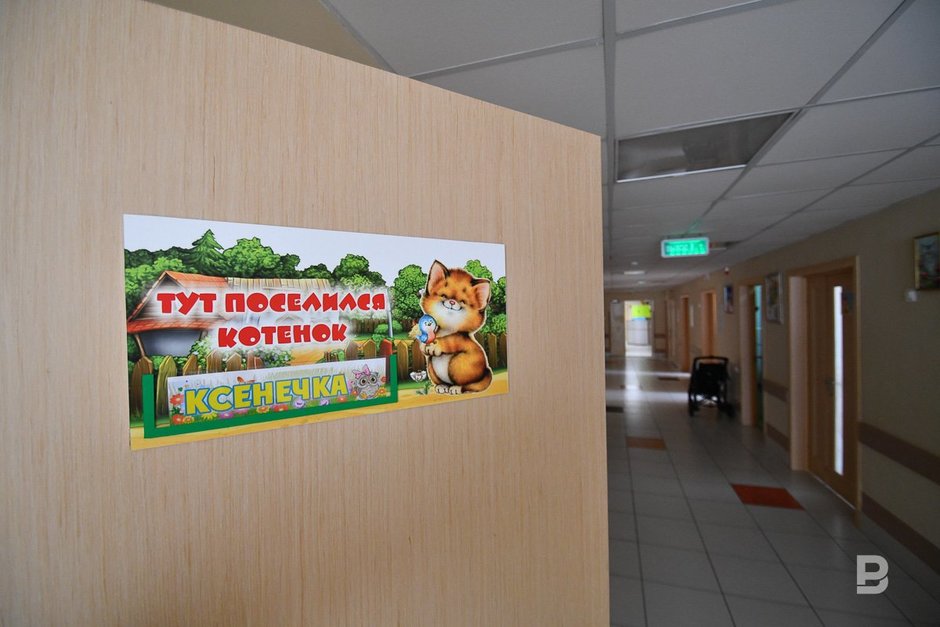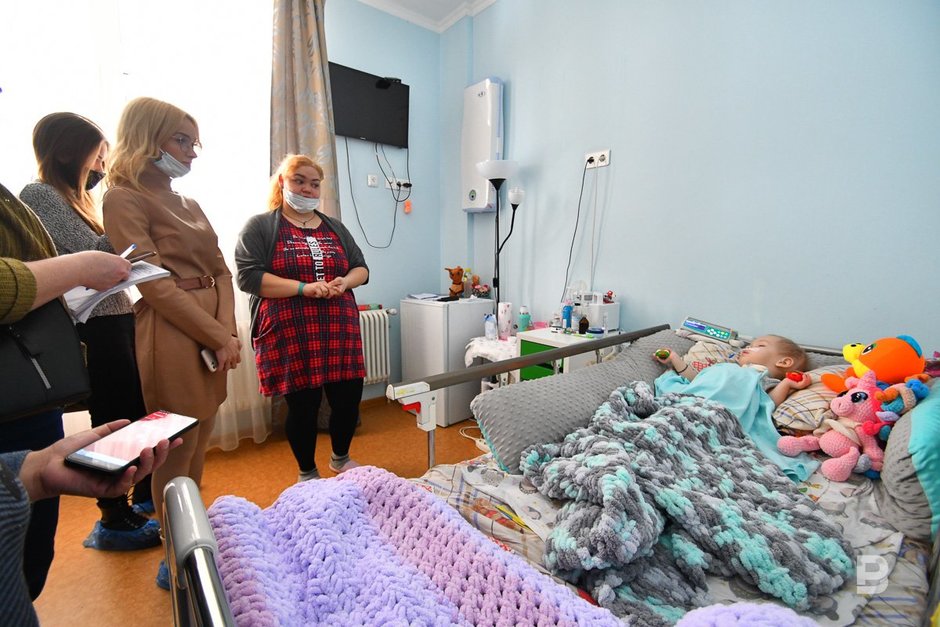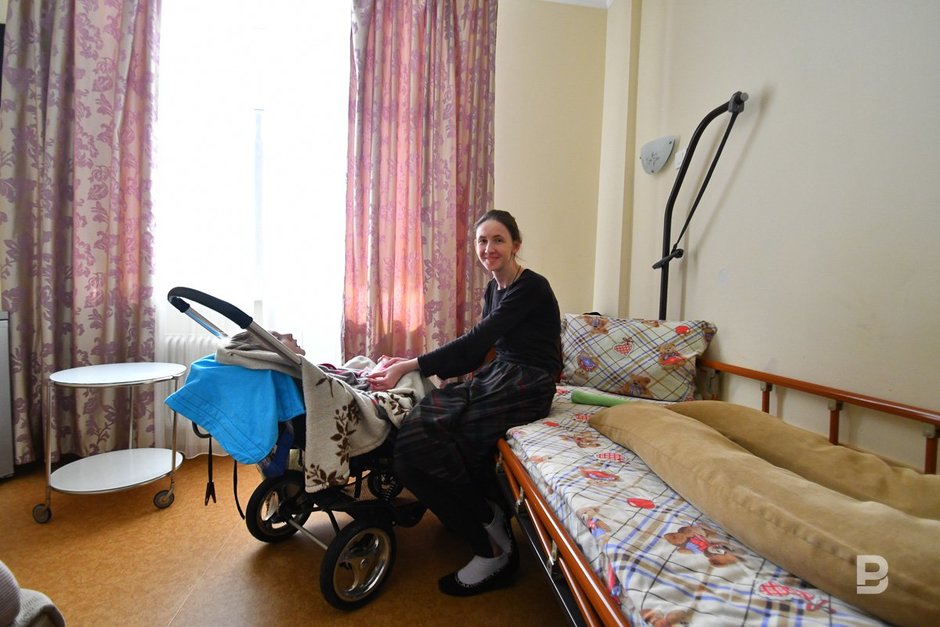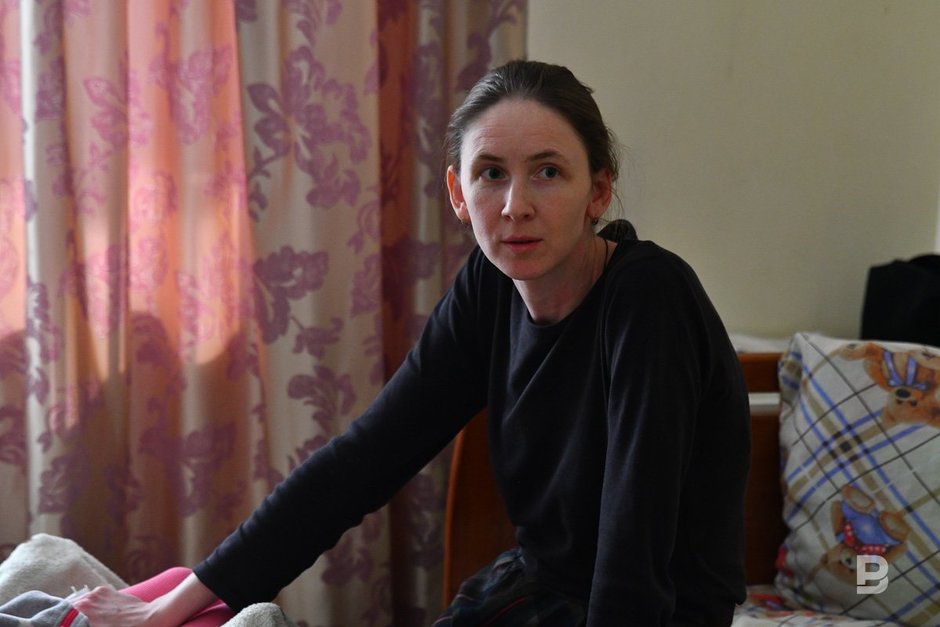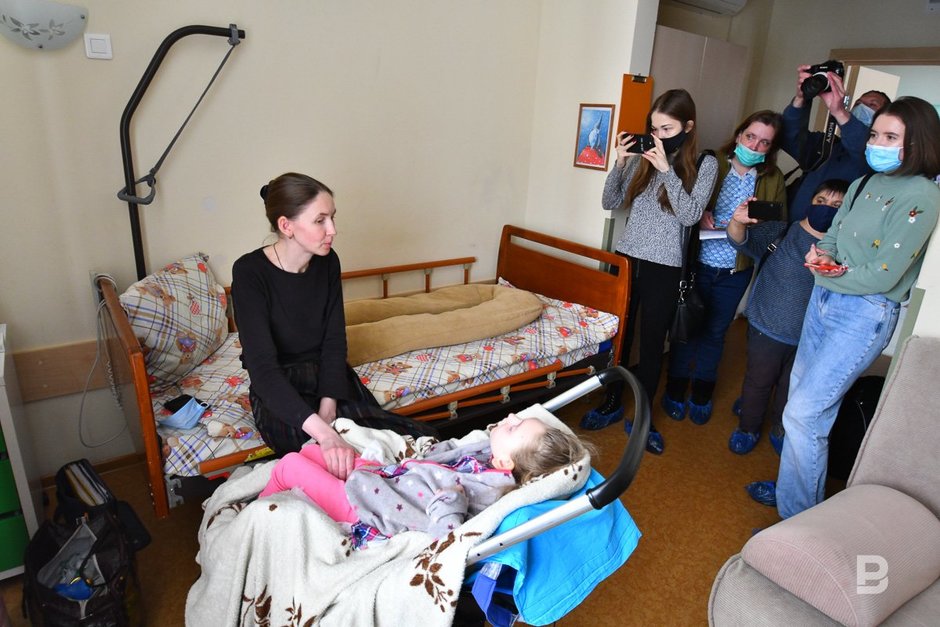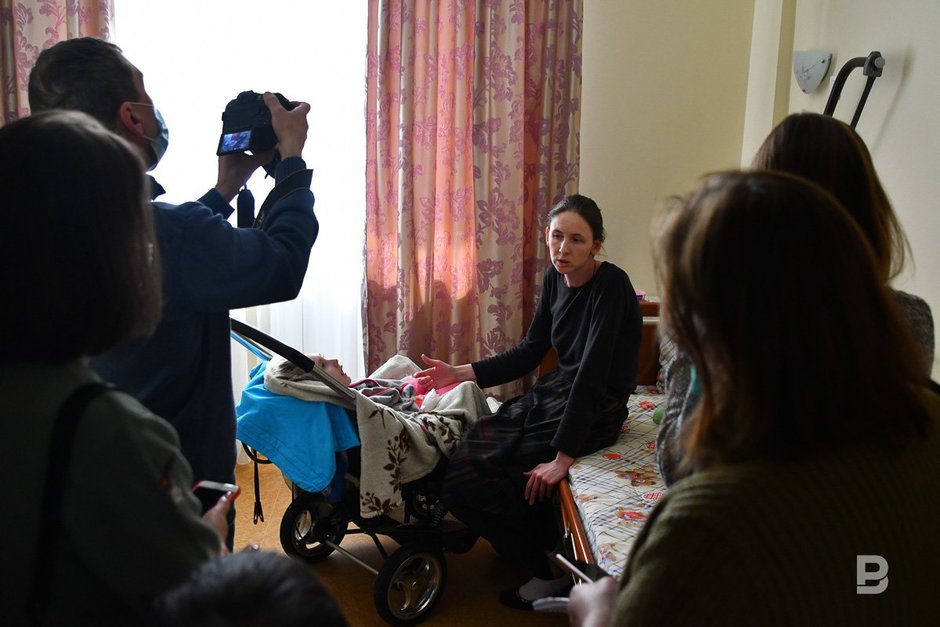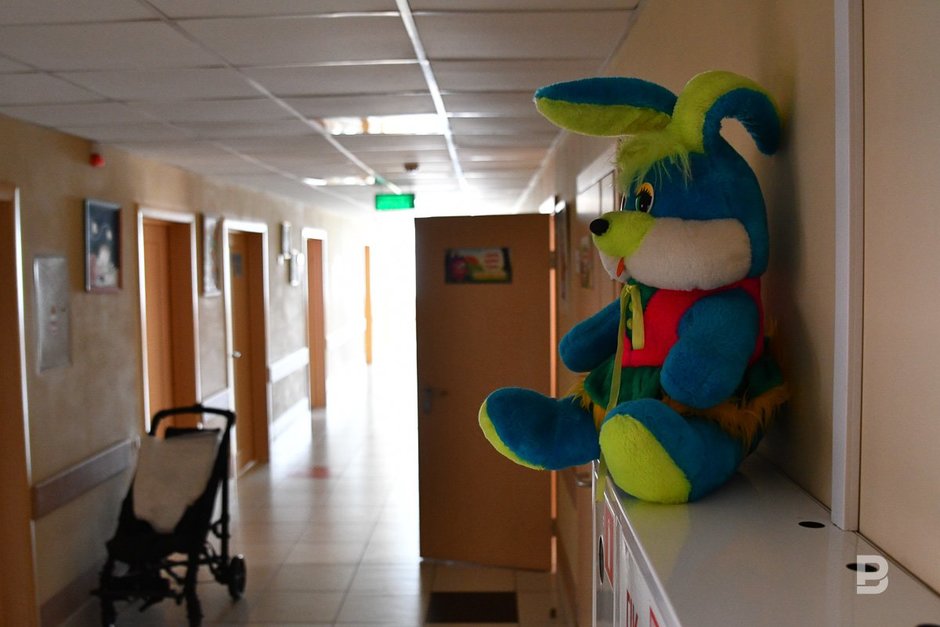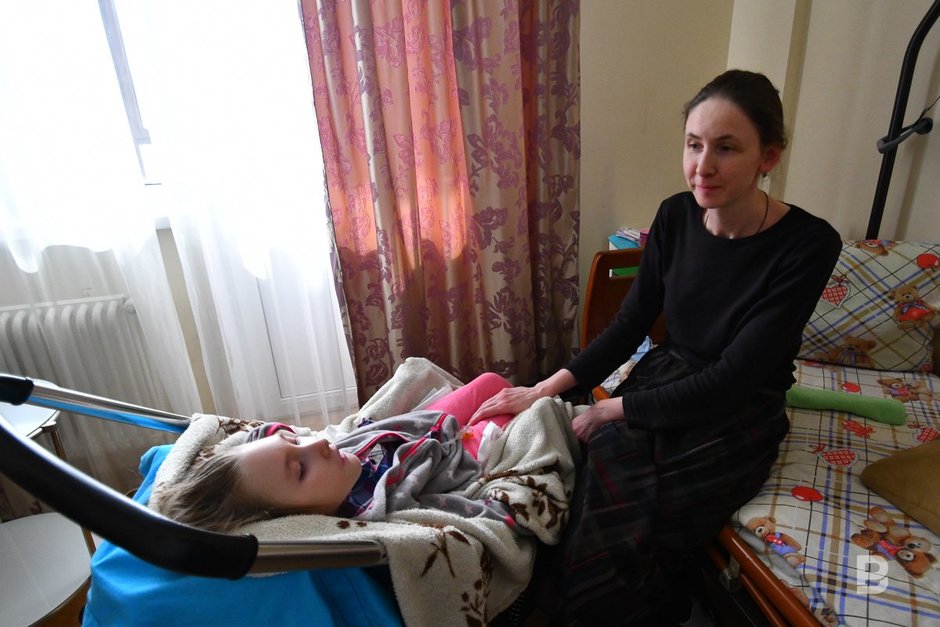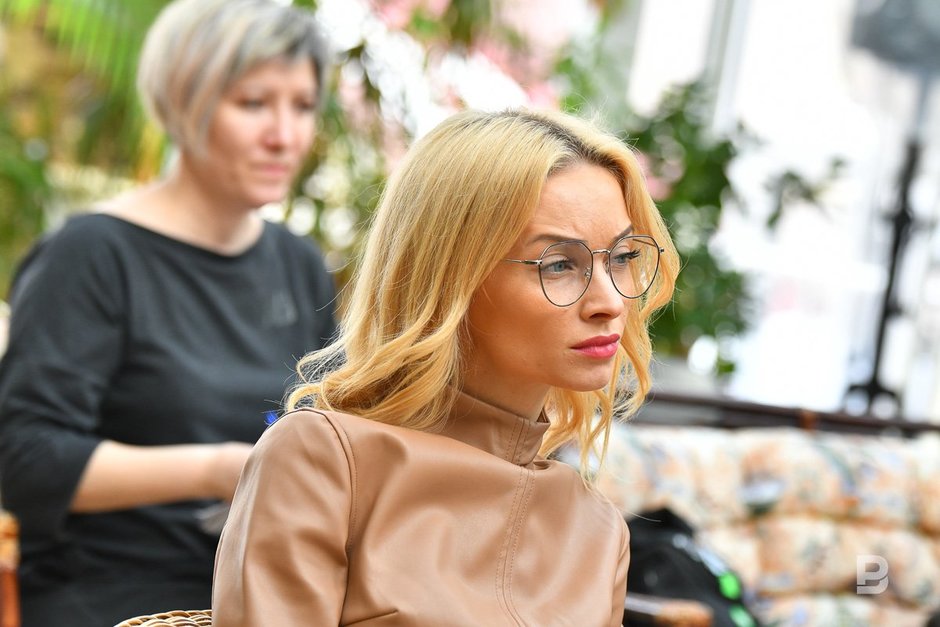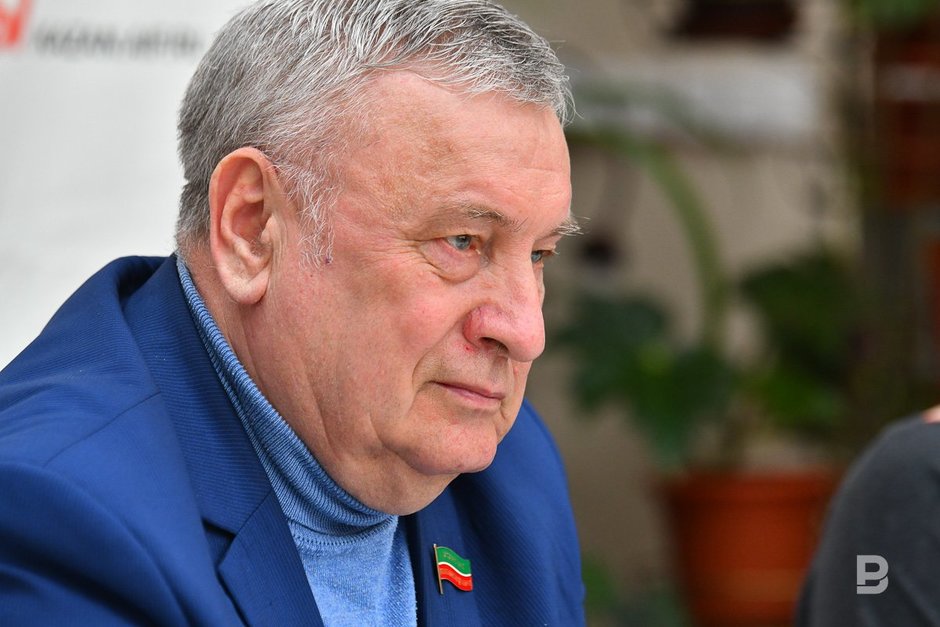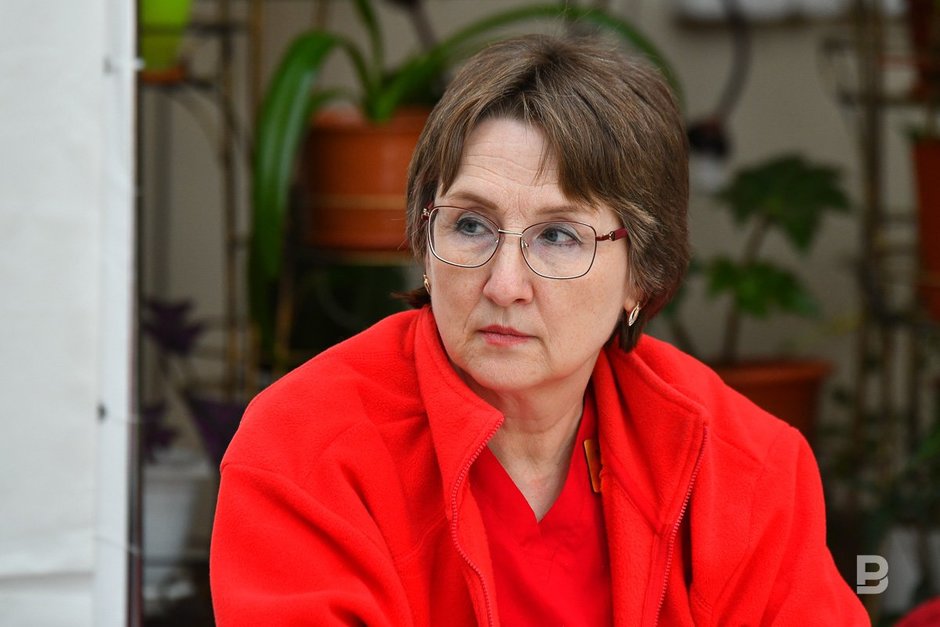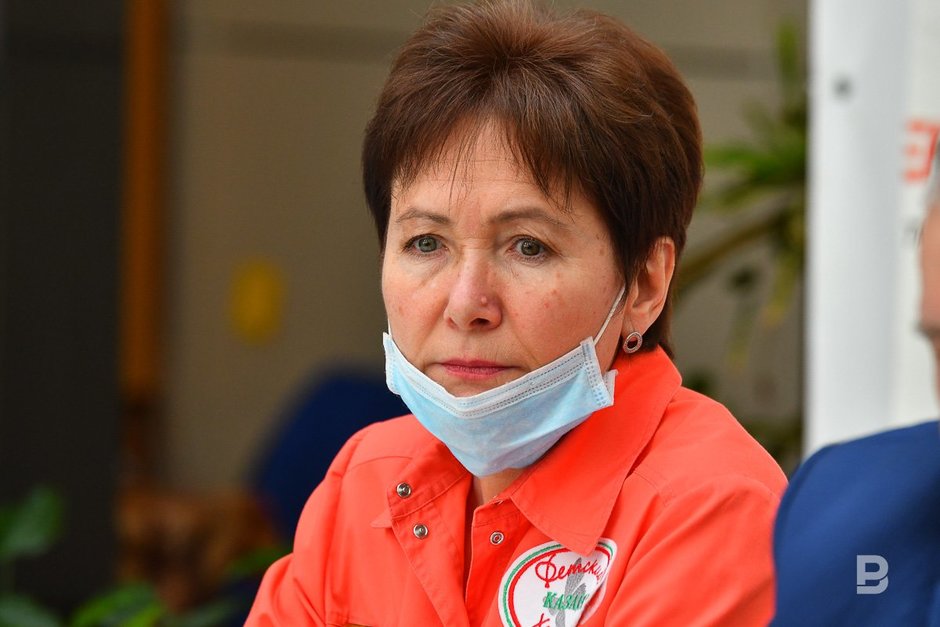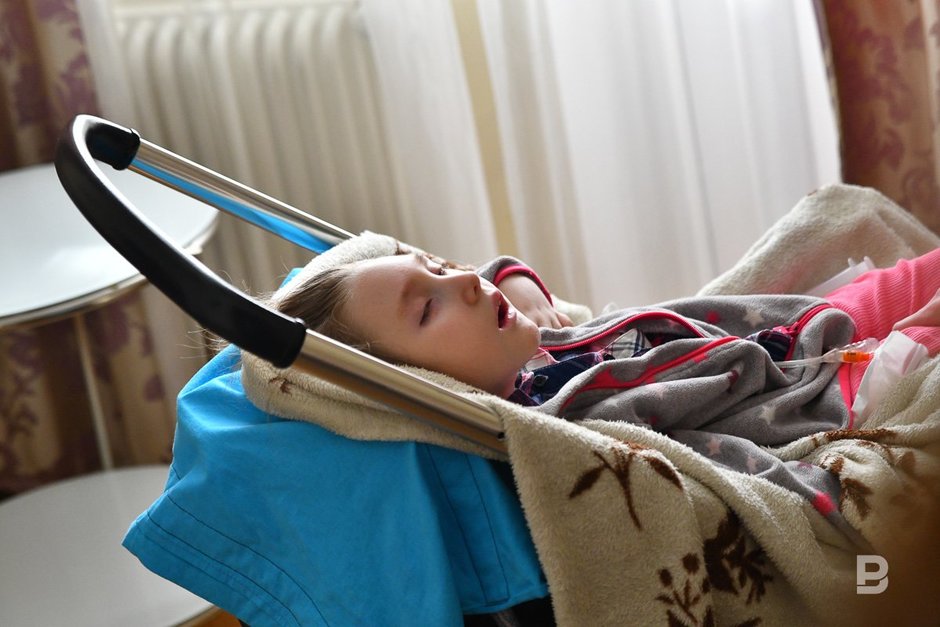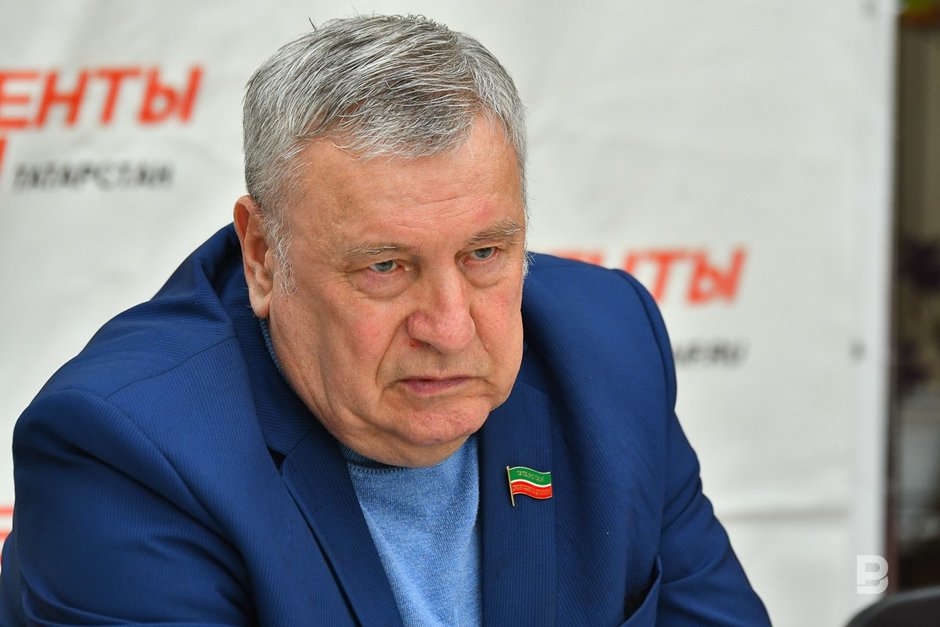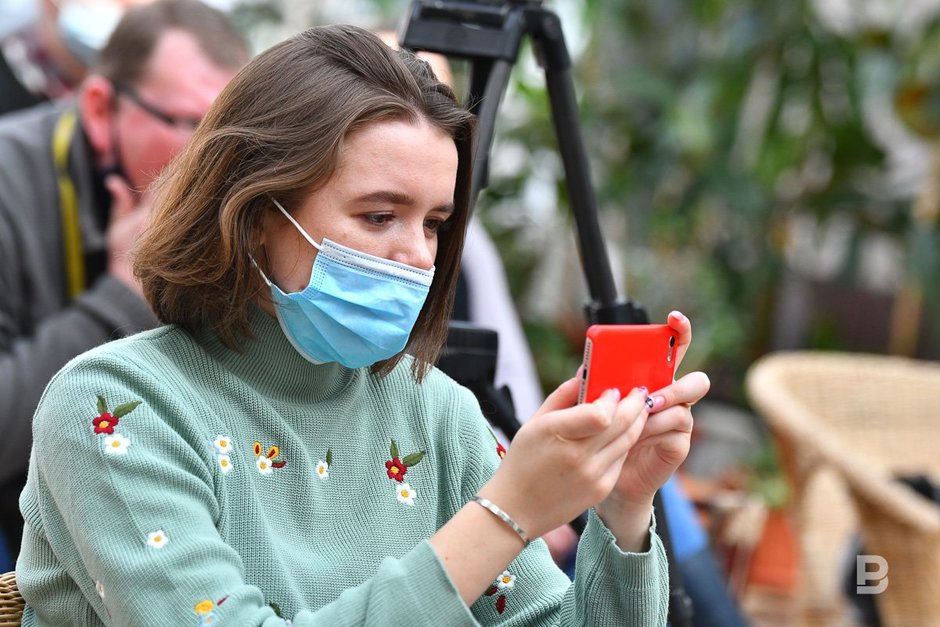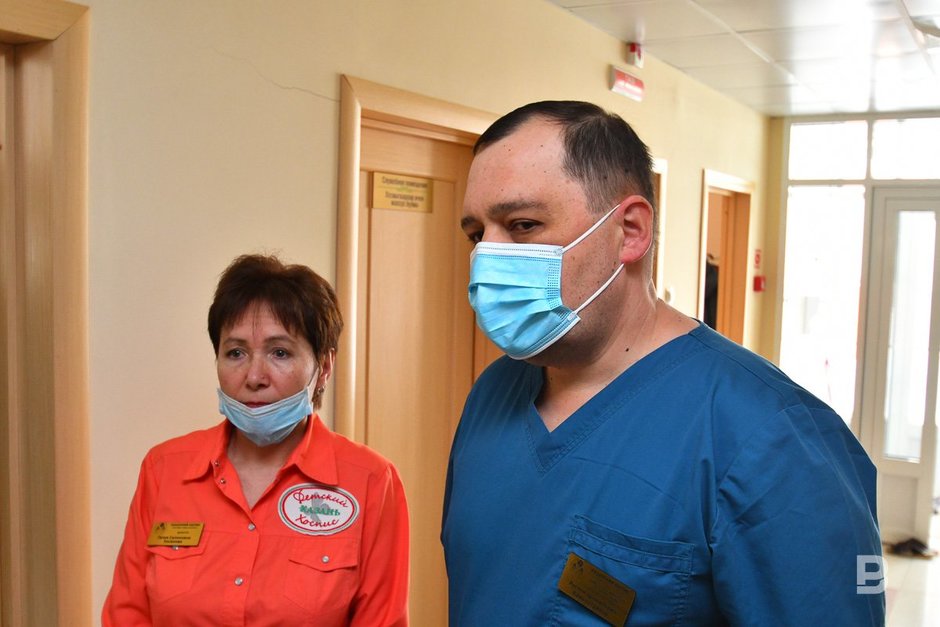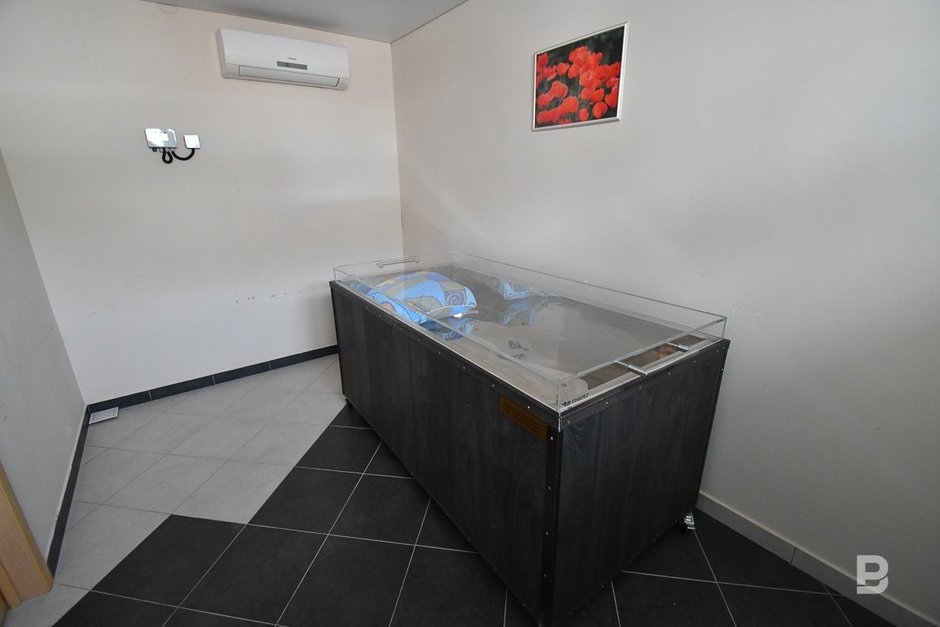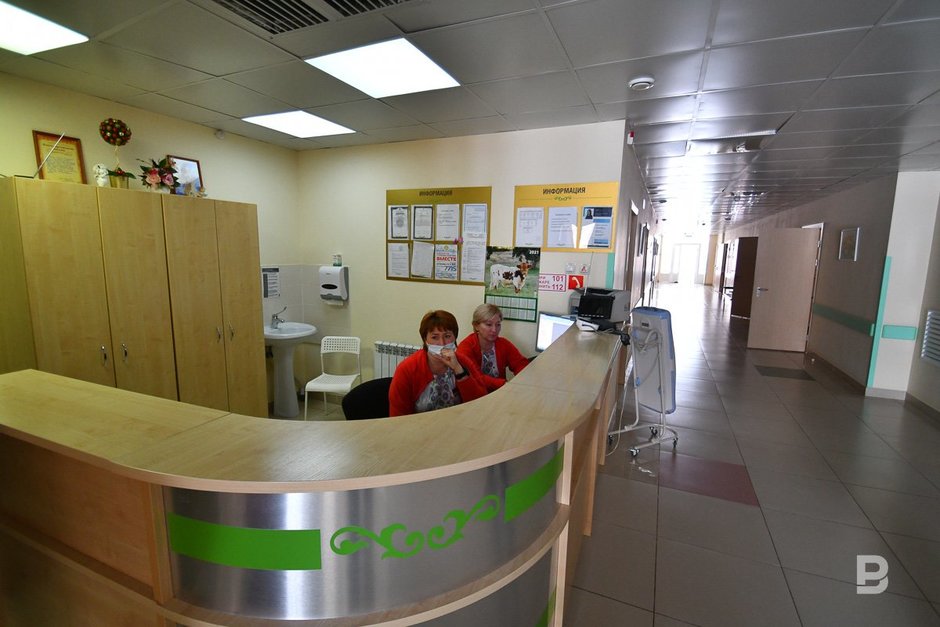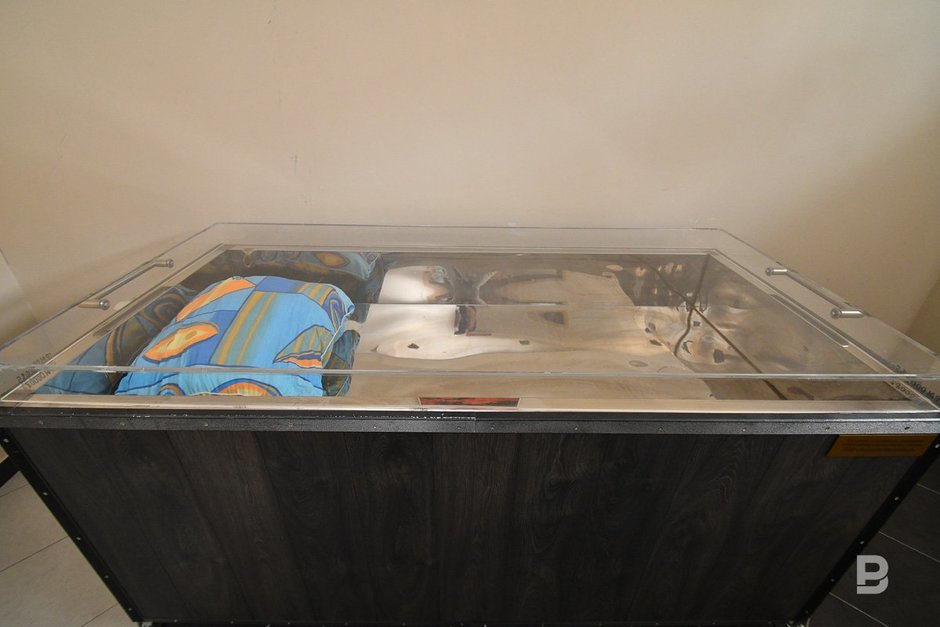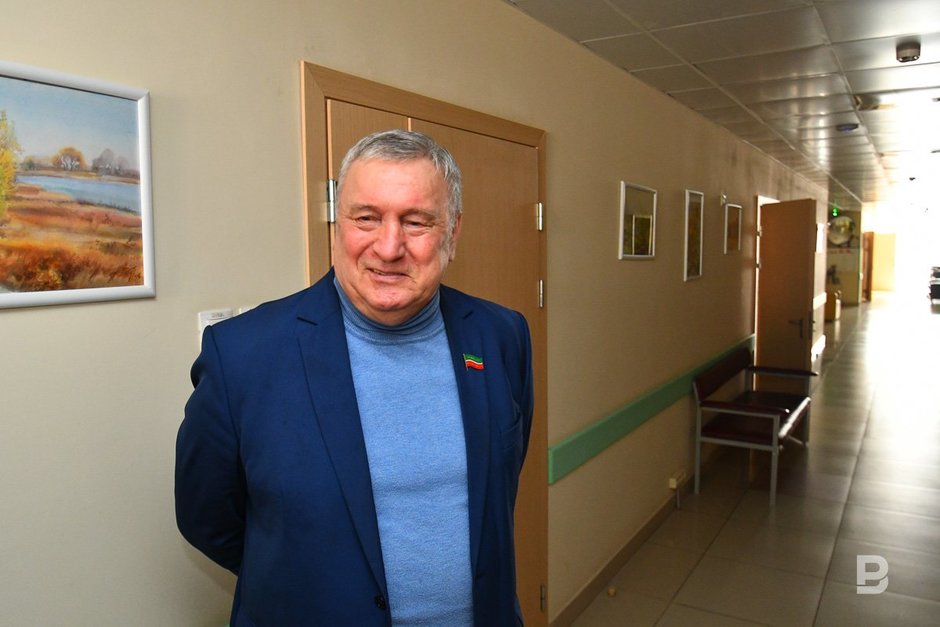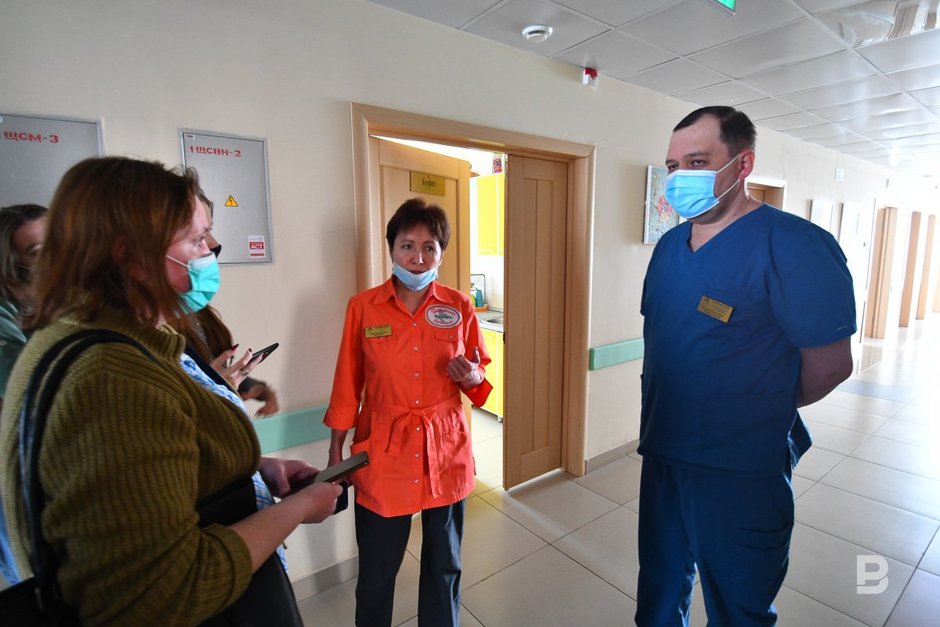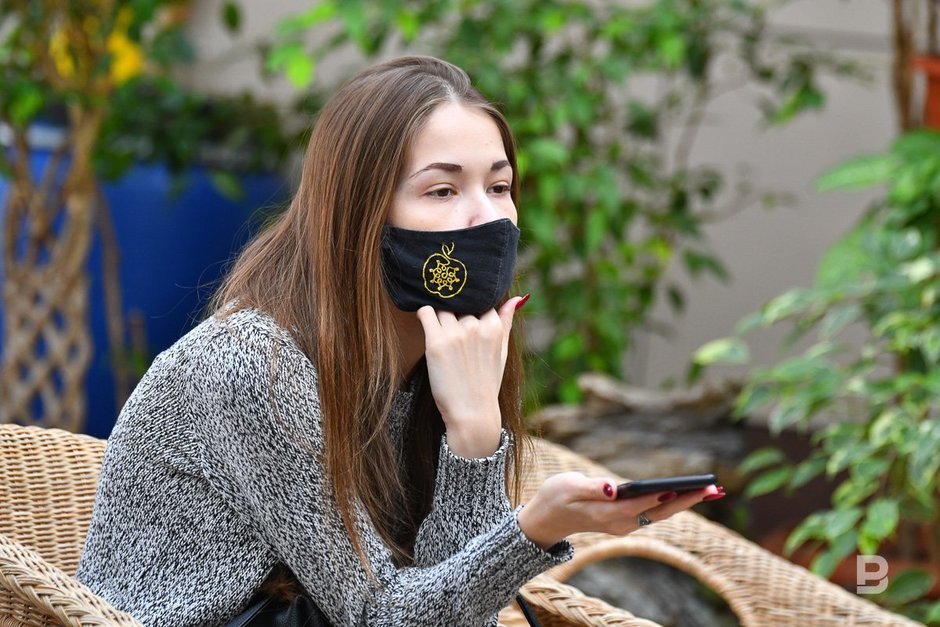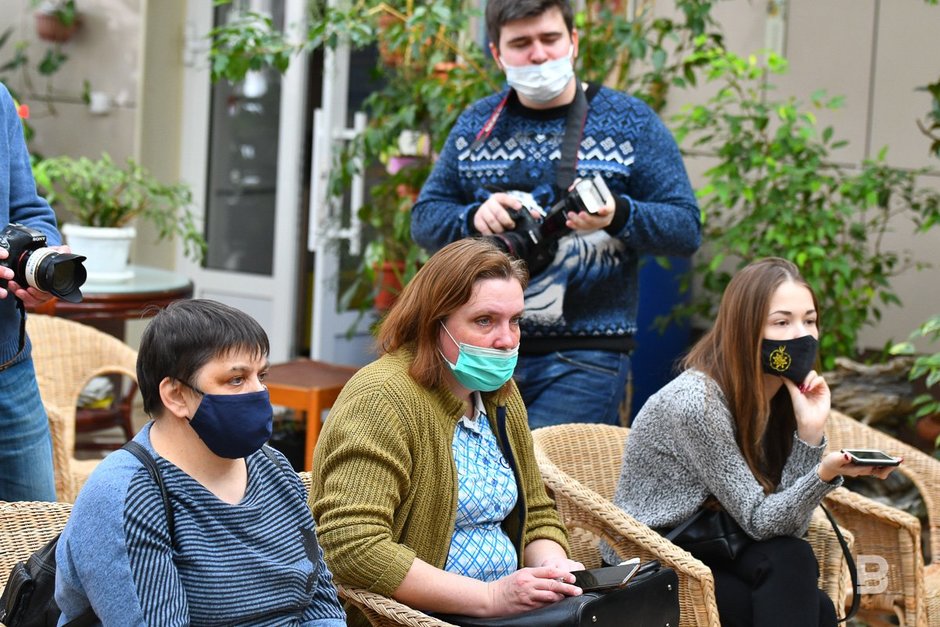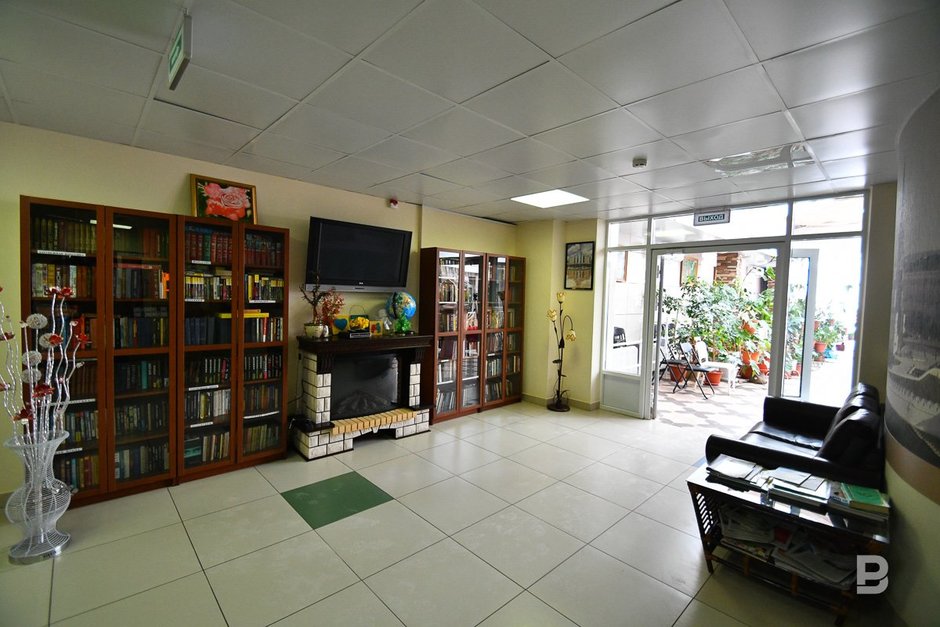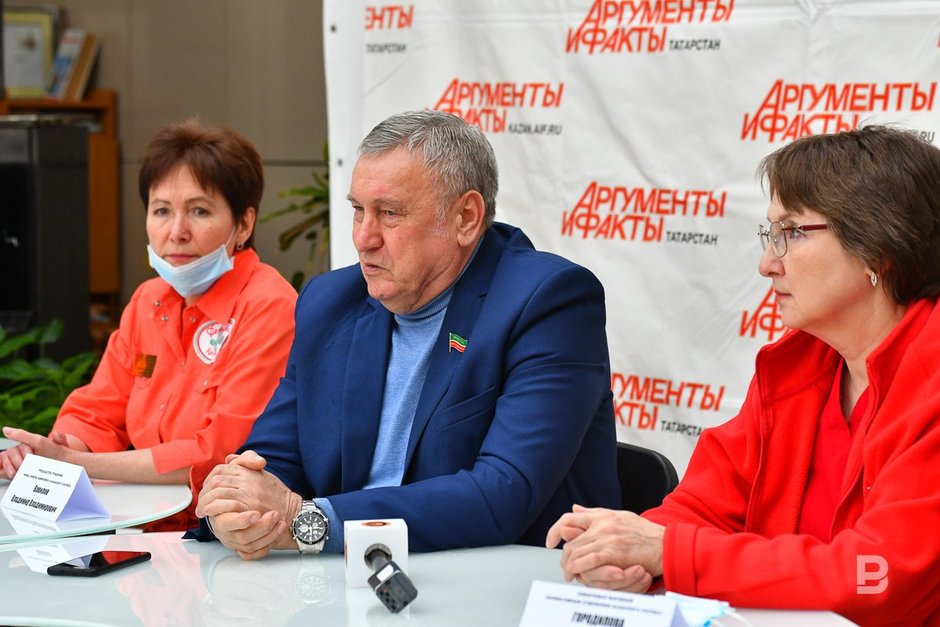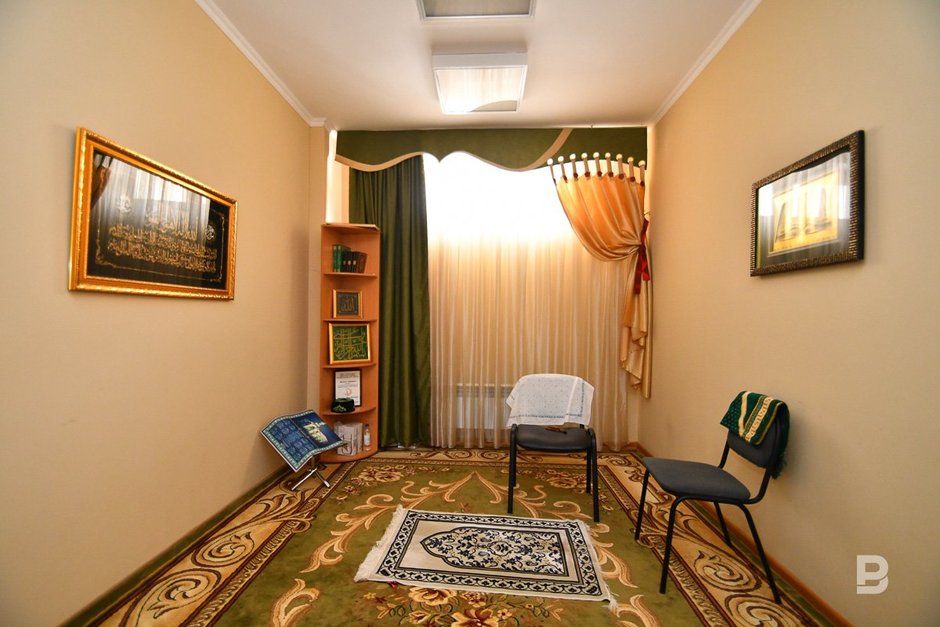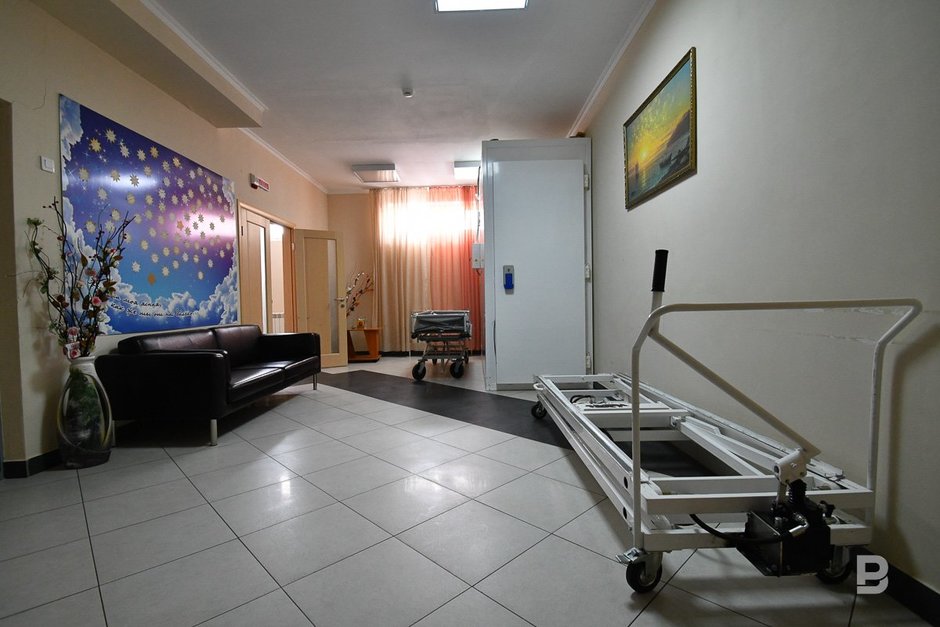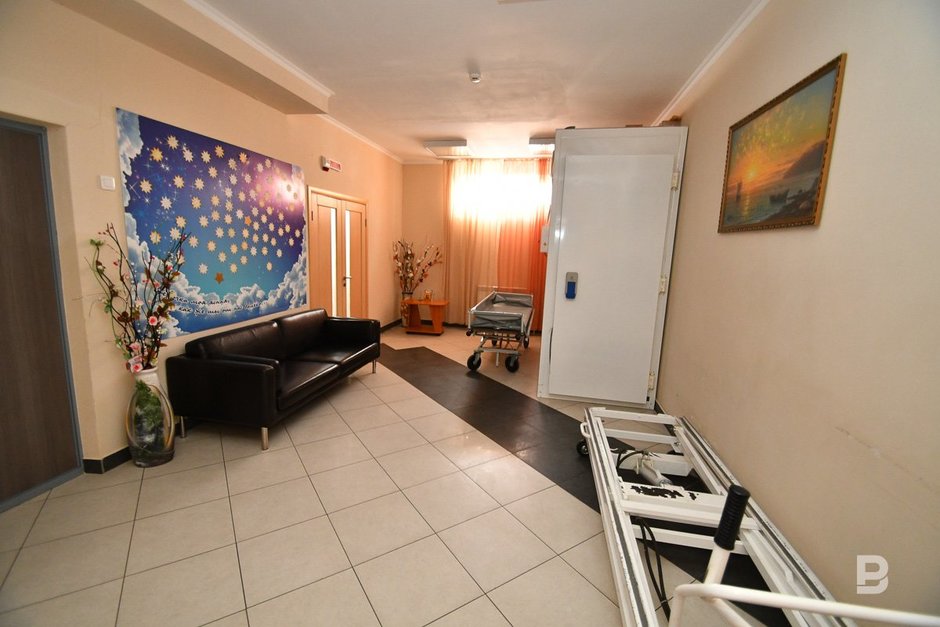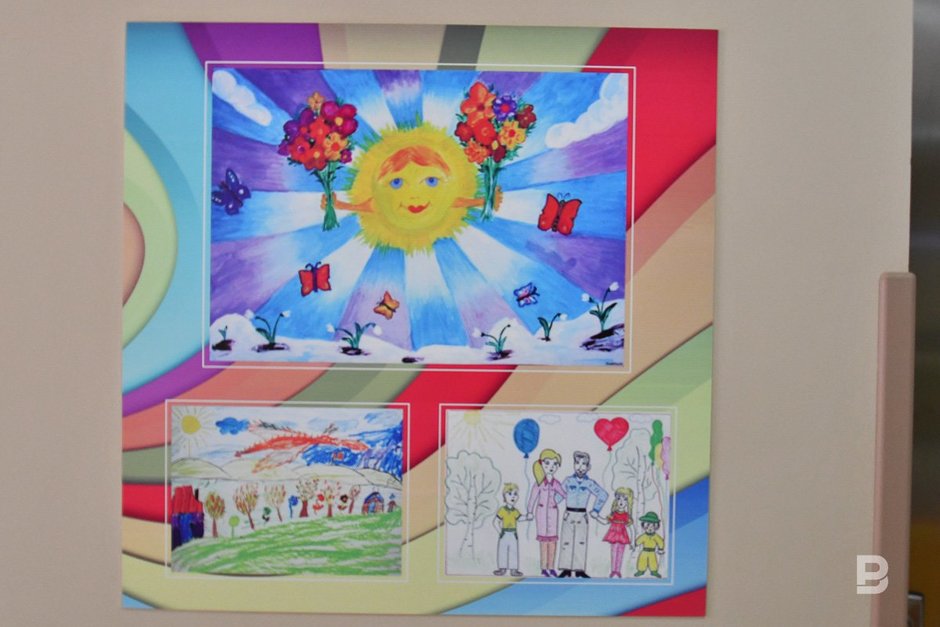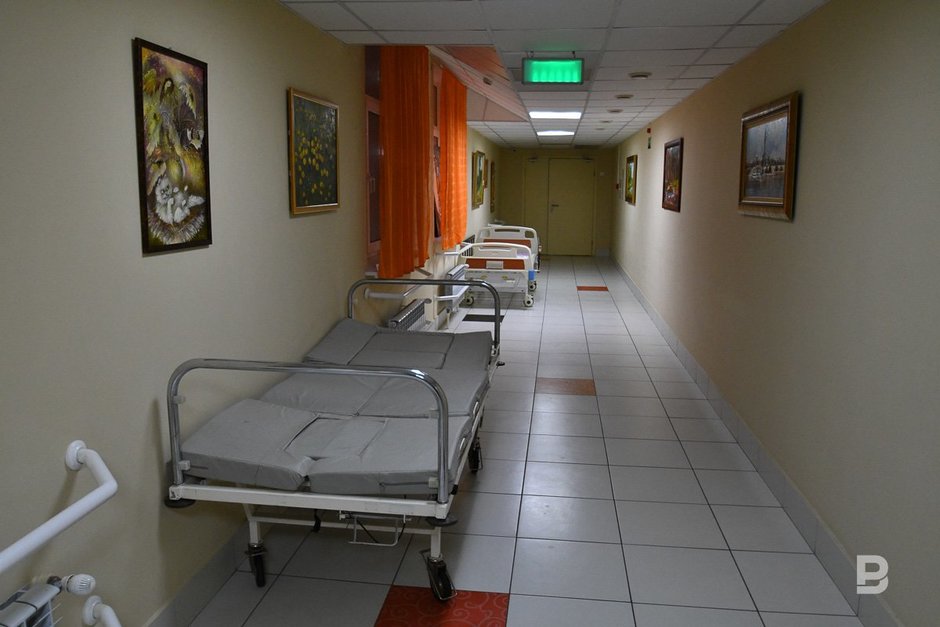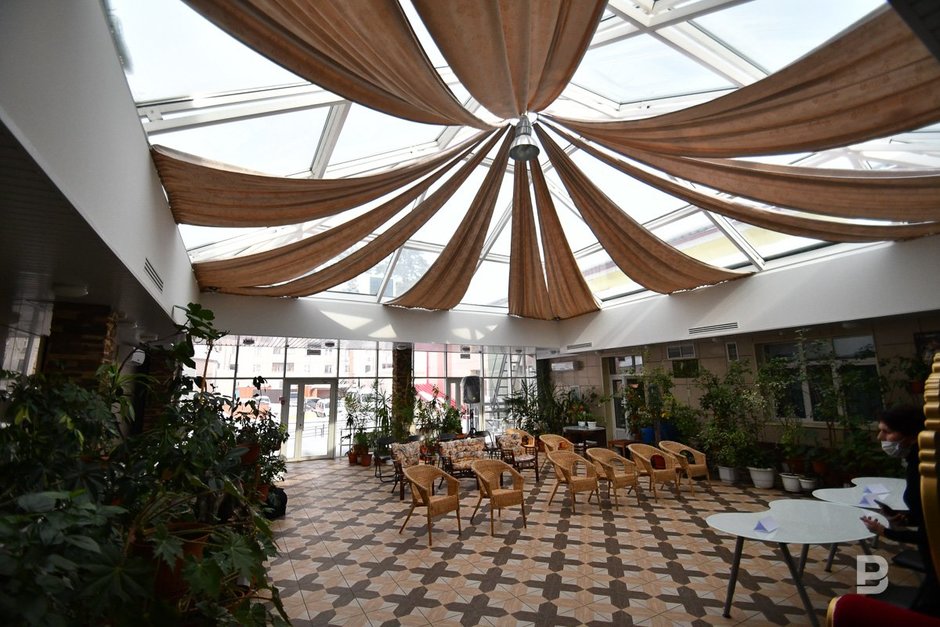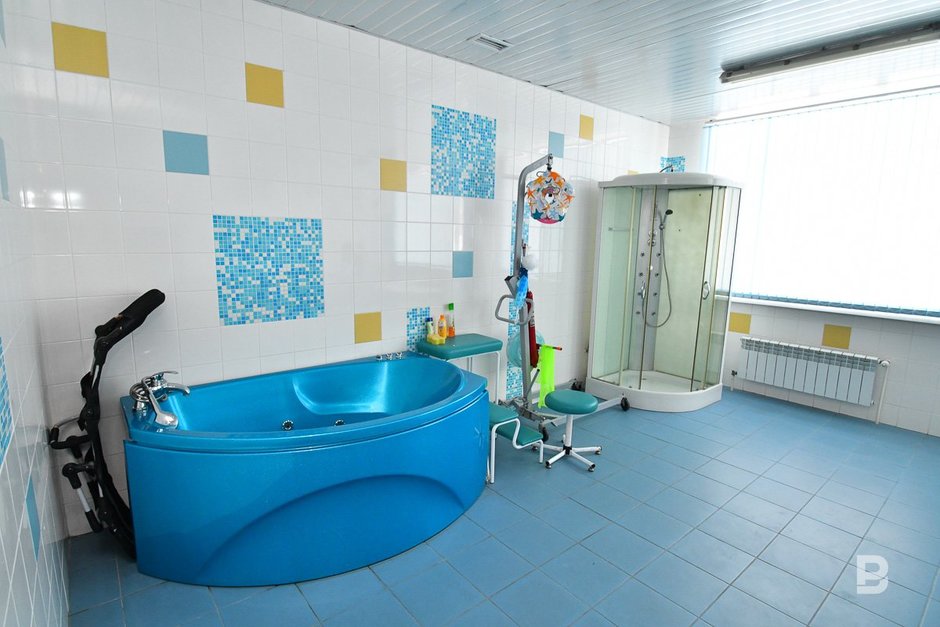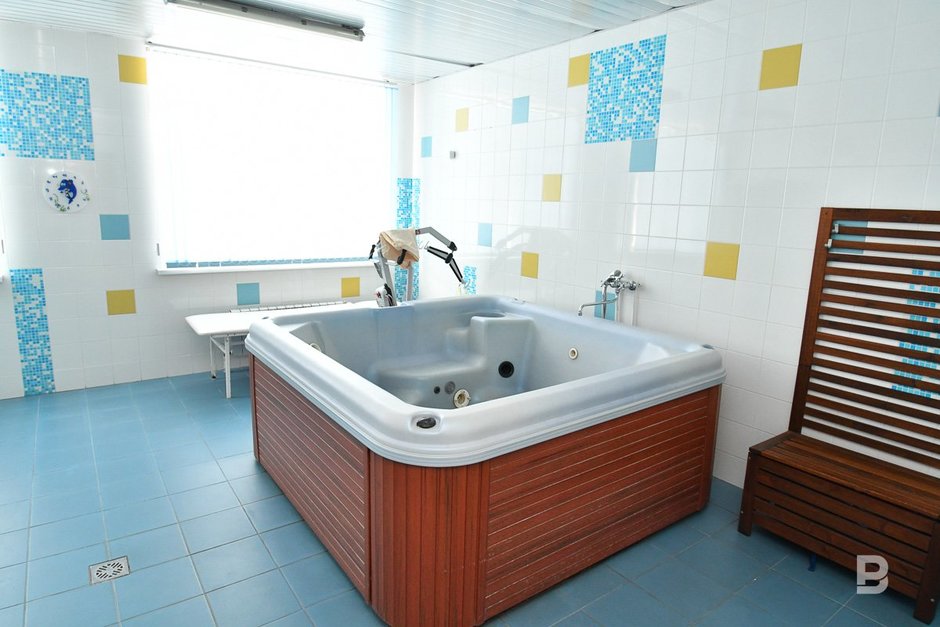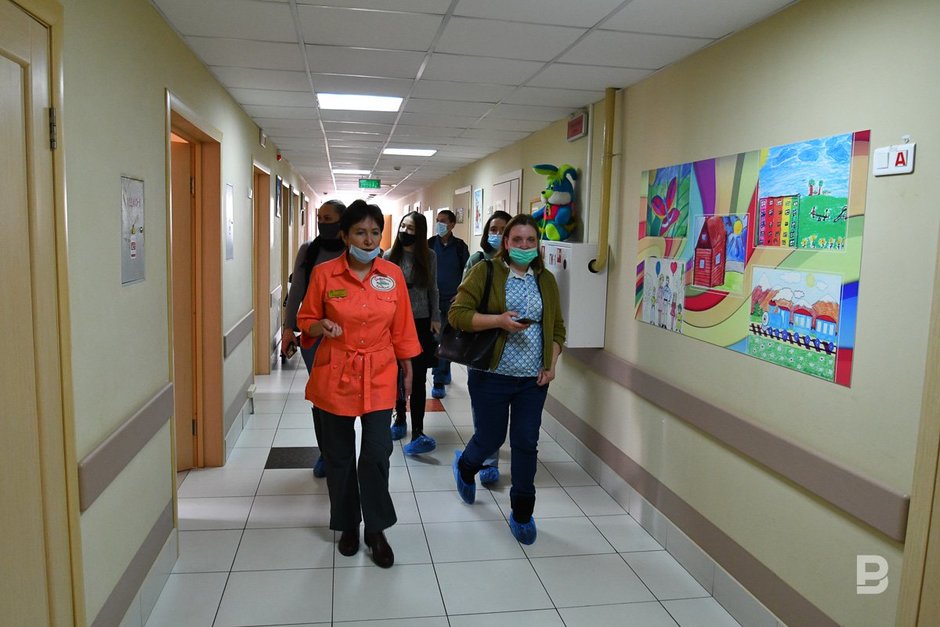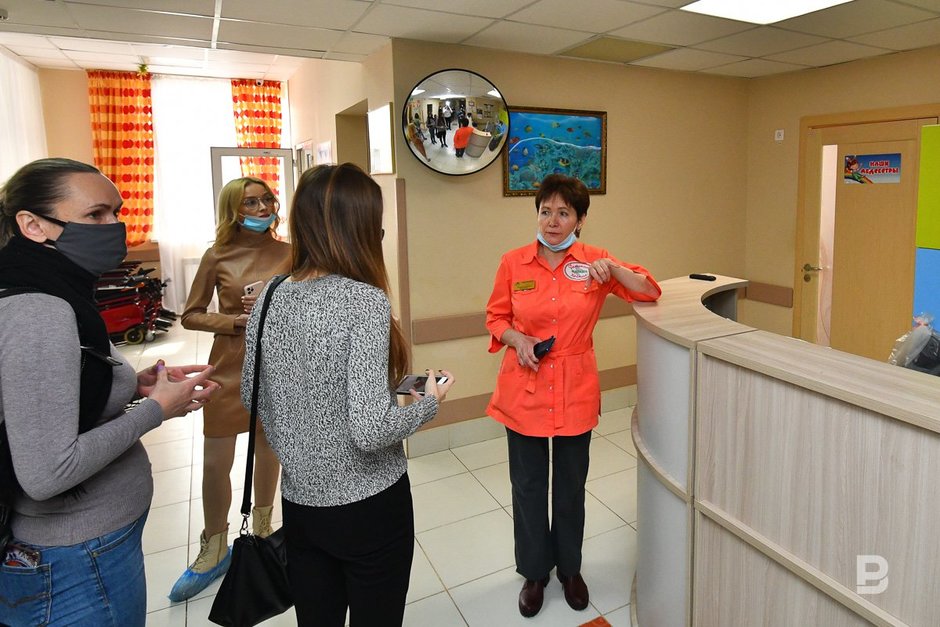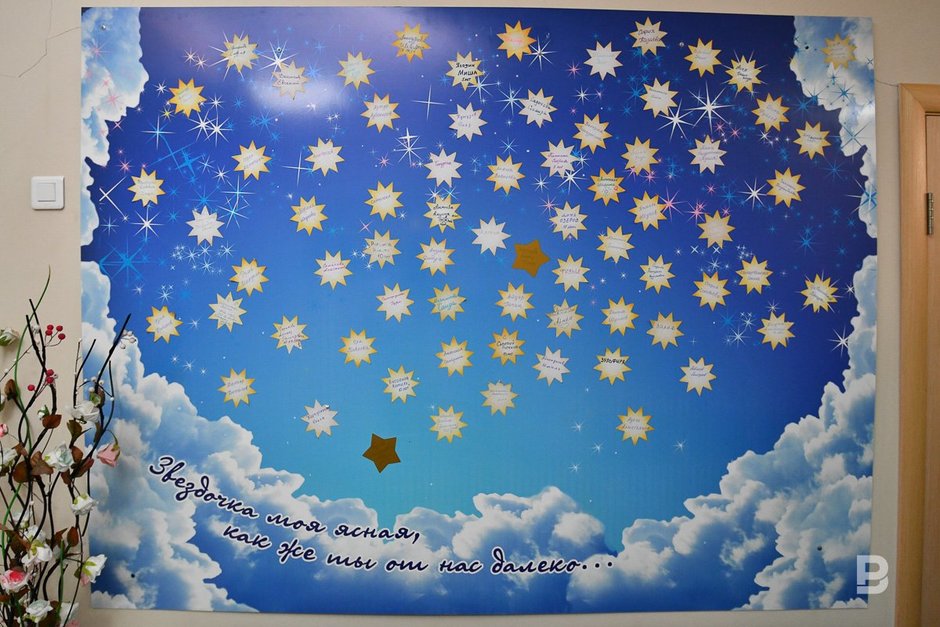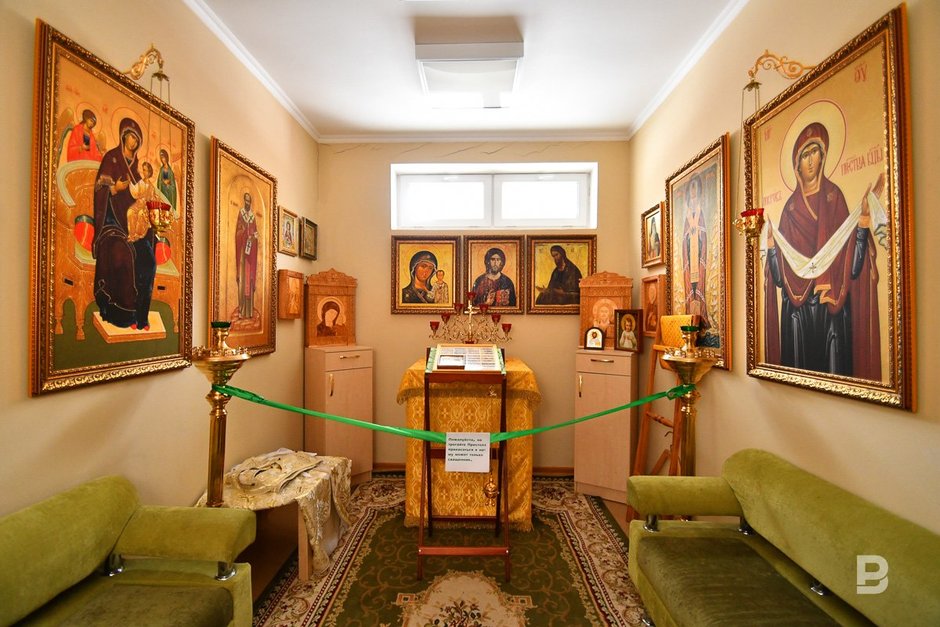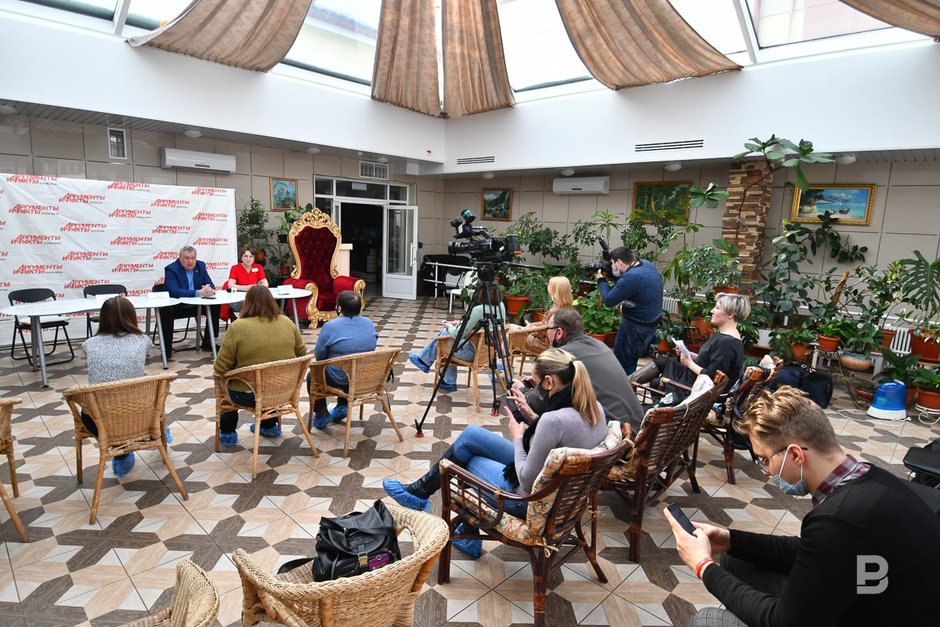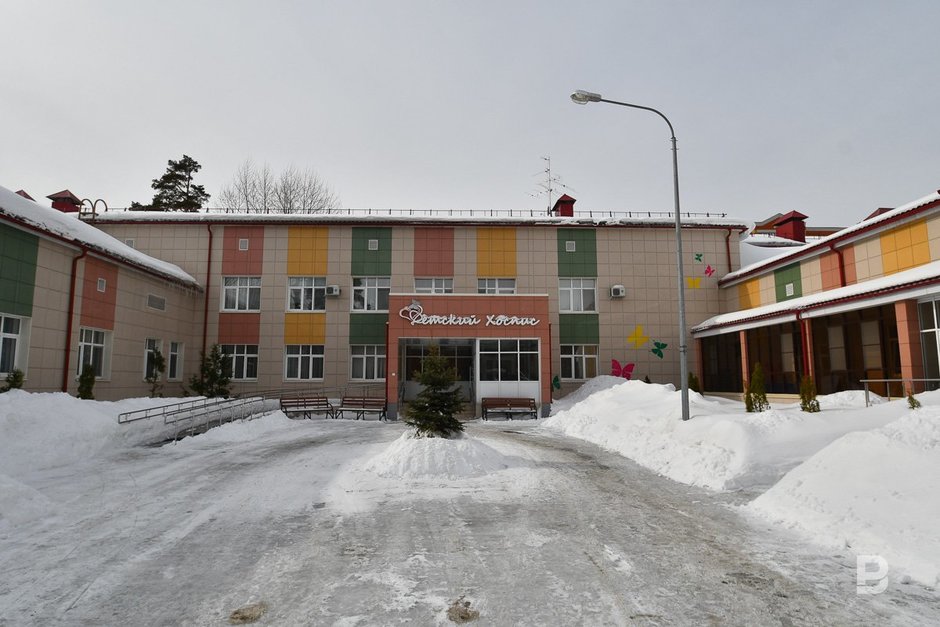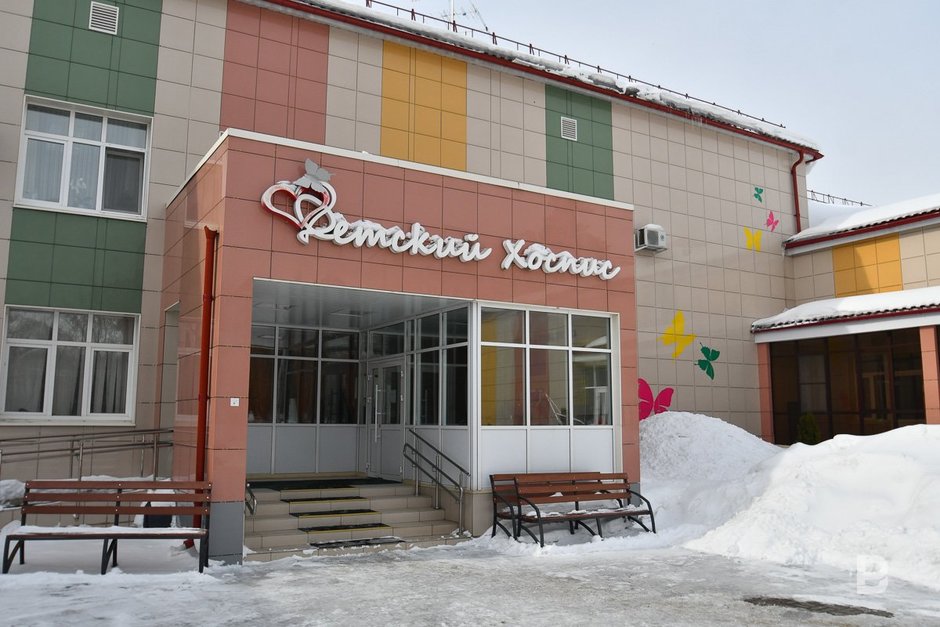Vladimir Vavilov: 'Only in Russia there is an expression 'ones tortures are finally over'. We don't use it'
The date of opening of the new Kazan hospice for adults has become known
In 2 years, Kazan will have another hospice, designed for 60 beds, and for adult patients. It will receive patients with cancer and other serious pathologies, there will also be a nursing department for elderly single people, and the children's department will expand to 40 places. In addition to comfortable wards, the new hospice will create conditions for recreation, such as a sauna and billiards. The relatives and the patients themselves will have the opportunity to come to pray in the mosque and church. Vladimir Vavilov, the founder and chairperson of the board of the Angela Vavilova Foundation, told about this during a press tour organised for journalists. Read the details in the material of Realnoe Vremya.
Hospital on Akademika Koroleva Street
The first children's hospice in Kazan opened in 2014. A year later, a department for adult patients was opened on the basis of the House Without Pain. Today, the hospice hospital can accommodate 18 children and the same number of adults. The territory does not allow deploying a larger project.
“Only in Russia there is an expression 'ones tortures are finally over'," said the founder and chairman of the board of the Angela Vavilova Foundation, Vladimir Vavilov. “We don't use such expressions in the hospice. Yes, we happen to be guides: we accompany our patients from the world of the living to the other world. But our task is to teach patients not to suffer but to enjoy the world until the very end.
Patients stay in the hospital from one day to six months. Some have been here more than once. In each ward, there is an additional place for relatives who want to stay with the patient around the clock. Also in the hospital, tailed pets — dogs and cats — are allowed. The hospice has a mini-pool, a games room, a relaxation room and a library.
“We also have a beautiful winter garden with a glass ceiling," said the chief doctor of the hospice, Galiya Khisamova. “The Sladkovsky Orchestra comes here and gives concerts. Musicians encourage our patients to live.”
On the territory of the hospice, there are two prayer rooms. The medical facility is visited by representatives of the Islamic and Christian clergy. They provide special support to patients, help them to accept the disease. The Foundation's leaders are convinced that palliative care means not only medical and psychological, but also spiritual.
“We even had one nikah and one wedding," Khisamova said. “Alas, the customers didn't live long after the ceremony. But they left with a calm heart and a smile on their lips.”
The so-called farewell room is the last opportunity to be close to a loved one before parting forever. There are cold storage rooms here. The equipment stores the bodies of the deceased in optimal temperature conditions.
“Sometimes we have three patients a day," Khisamova explained. “Here in this refrigerated display case with a transparent top, we put our children. Mother and father can spend their last hours here with their child, just sit next to each other.”
On the wall of the farewell room, there is a panel with several dozen paper stars. Each star has a name written on it.
“The names of the children who left us," said the head doctor. “Their loved ones should know that they are not alone in their trouble. And their little angel just joined the others.
By the way, about 80 people work in the hospice, 60 of them are medical personnel.
Hospice on Batalovykh Street
“The number of cancer patients is only increasing every year — in Tatarstan alone, more than 20,000 patients need palliative care," Vavilov said. “Unfortunately, no such magic pill has yet been invented that would rid humanity of deadly diseases. So we'll just keep doing our job.”
Two years ago, the foundation decided to build a new hospice in Kazan — on the Bratyev Batalovykh Street. The two-storey hospital, designed for 60 beds, began to be built last August. It will accept only adult patients. The children will stay in the old building — on Korolev Street.
The first floor of the medical facility is almost finished. The site of the new hospice will house a temple and a mosque built in a modern style. Also among the planned innovations — a sauna, game rooms, billiards, separate wards for smoking patients and hotel rooms for relatives of patients. “Our children's hospice is rightfully considered one of the best in Europe," Vavilov explained. “I want the new hospital to become one of the best in the world!” The hospice is scheduled to be completed in 2023-2024.
“Everything will depend on our financial capacities," Vavilov explained. “If we can raise the necessary amount of 300 million rubles, we will finish earlier. But so far, unfortunately, some work is being done on credit.
At the moment, the construction is being carried out at the expense of the funds of the Angela Vavilova Foundation. The leaders of the organisation hope for the support of the leaders of the republic and the help of concerned citizens.
Field Palliative Care Service
Last year, the Angela Vavilova Charitable Foundation launched mobile palliative care teams. Mobile teams operate not only in Kazan, but also go to patients from Vysokogorsky, Zelenodolsk, Pestrechinsky and other districts.
“In the 2020s, we made almost 6,000 home visits, provided assistance to 635 patients," said Vavilov.
Recently, the hospice has taken custody of 40 children from Derbyshek. Doctors visit them once a week. Some of the new wards are offered to go to the hospital.
Field teams work not only with cancer patients. Among their patients, there are people suffering from diabetes, cardiovascular and neurological diseases. Doctors treat wounds and bedsores, give injections. And most importantly — they teach relatives to take care of the sick.
“We all became a bit of psychologists a long time ago," Vavilov explained. “People need not only doctors, but also good friendly interlocutors.”
At the moment, under the patronage of the hospice, there are three permanent field teams: two adult and one children. As well as six grants, of which five are at the regional palliative care offices opened by the Angela Vavilova Foundation, and one is geriatric.
“The hospice is our second home," says Yulia, the mother of a two-year-old patient. “The kids here are completely different. They feel safe, not afraid of judgment. And we, adults, feel constant support. Both on the part of other parents in distress, and on the part of the staff.
“If you are faced with a serious illness of a loved one, do not look for the guilty and do not fall into despair!” advises the mother of the hospice ward, little Anisia. “We need to accept the situation and look for a solution as best we can. The main thing is not to disassociate yourself. Our loved ones depend on us. And it is in our power to help them overcome the disease.
